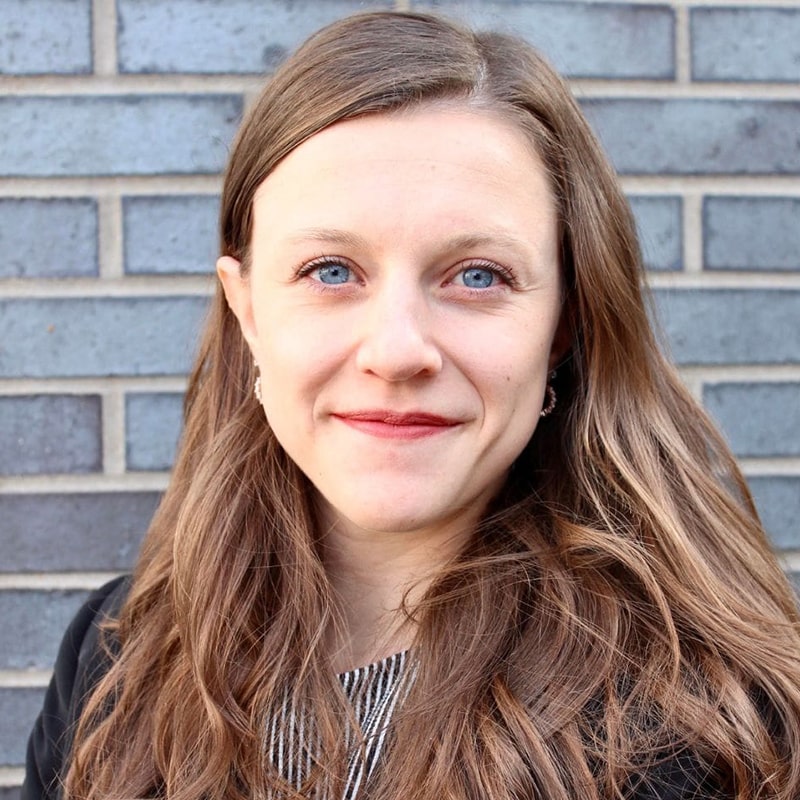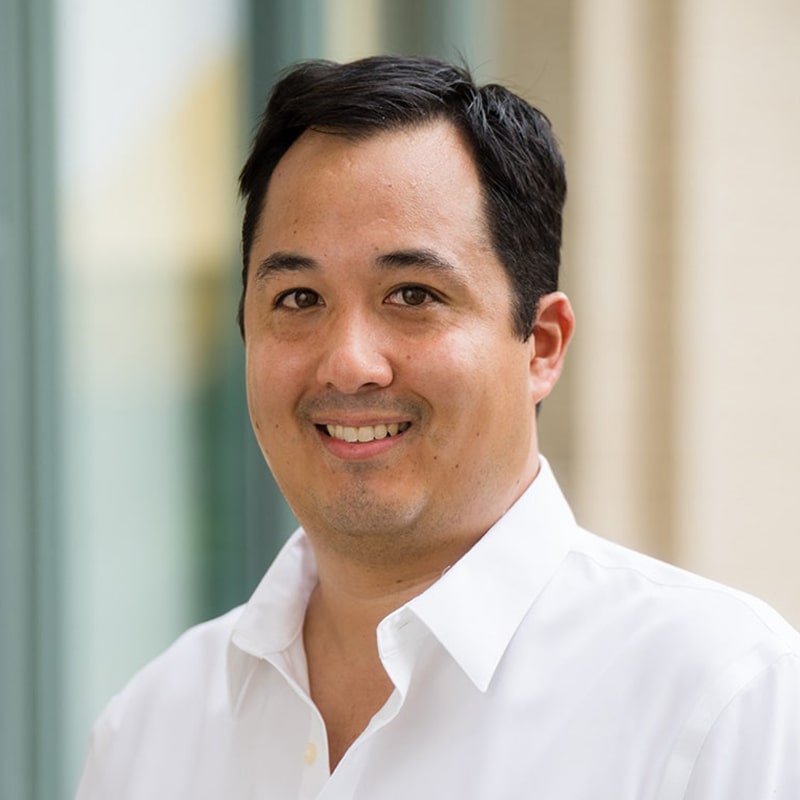Learning By Doing: From Research Assistant to Co-Author
By Lindsay Marcellus
What happens when you pair a dedicated Carnegie Mellon University master’s student with a faculty member who shares CMU’s commitment to research mentorship? You might find yourself a published author in a peer-reviewed journal before graduating.
“One of my goals in this program was to either take classes or do research on every region of the world,” said Jessica Kirkpatrick.
Kirkpatrick entered the Master of Science in International Relations and Politics (MS IRP) program and, as part of her graduate fellowship, was assigned to be a research assistant to Assistant Teaching Professor John Chin. The topic was coups in Africa. Chin, the lead author of an “Historical Dictionary of Modern Coups D'état,” is an expert in the politics of coups and self-coups. Kirkpatrick not only thought the topic was interesting, but also saw an opportunity to learn about this region through research as well as the intricacies of the publication process itself.
“I share CMU’s philosophy and commitment to undergraduate and graduate research mentorship,” said Chin. “The ‘learning-by-doing’ research approach is something worth pursuing, and ideally at scale.”
CMU promotes access to research opportunities and mentorship for both undergraduate and graduate students. At the university level, the Office of Undergraduate Research and Scholar Development supports student research through Small Undergraduate Research Grants (SURG), Summer Undergraduate Research Fellowships (SURF) and Summer Undergraduate Research Apprenticeships (SURA), and celebrates undergraduate research each year in May with their Meeting of the Minds events. These efforts have made it possible for undergraduate students in colleges across CMU to study mindfulness meditation, the health impacts of wildfire smoke and more. Similarly, in addition to conference funding, the https://www.cmu.edu/graduate/funding/index.html, such as the Graduate Small project Help (GuSH) Research Grant, to CMU graduate students.
The Dietrich College of Humanities and Social Sciences likewise prioritizes undergraduate and graduate research. For example, graduate students have received fellowships from the National Science Foundation and the college offers multiple opportunities for undergraduate students to engage in research through research training courses, senior honor theses, working in labs and showcases like the Dietrich Undergraduate Colloquium.
The Institute for Politics and Strategy (IPS) offers research for credit opportunities for undergraduate students every semester. This semester, IPS students have the opportunity to work with five faculty members on six research projects, including the political destiny of former Latin American presidents and trends in Russian conversations about the war in Ukraine on the social media platform Telegram. In addition to being required to complete a thesis in their final semester of the program, MS IRP students like Kirkpatrick also have multiple opportunities to collaborate with faculty on research projects.
Over the years, Chin has had several students work with him on various projects and has found CMU students to be capable research assistants. Yet this is the first time that an IPS student has seen a project through from start to publication as a co-author in an academic journal. Chin hopes it is not the last. He believes in the ‘learning-by-doing’ research approach and is currently piloting a research capstone course called “Collaborative Research in Political Science.” Students enrolled in this course work in teams on project ideas related to Chin’s ongoing research interests with the goal of co-authoring an article.
“It can be intimidating to approach the publication process, but Professor Chin walked me through each step and now I feel more prepared to publish papers in the future,” said Kirkpatrick.
The peer-reviewed publication process is not for the faint of heart. It can take over a year from research to publication. In this case, Chin chose to submit the article to the journal “Frontiers in Political Science,” an open-source journal with a streamlined review process. Their article, titled “African coups in the COVID-19 era: A current history,” was published online on March 27, 2023. Chin notes that they benefited from CMU Libraries’ Article Processing Charge (APC) Fund, which paid the APC and allowed them to publish the article so that it is freely available to readers.
While the process seemed confusing and complicated, Kirkpatrick would recommend co-authoring to other students. It was a lot of work, but she learned about each step of the publication process, from formatting and submitting an article to editing and proofing. She suggests that other students take advantage of being in a school where they can learn how these processes work before jumping into the workforce.
For his part, Chin recommends that students who are interested in co-authoring with a professor proactively reach out to professors whose research interests align with theirs to see if there are any opportunities to work with them. Students looking for research opportunities this summer may be interested in the previously-mentioned Summer Undergraduate Research Apprenticeships (SURA), which provide summer research opportunities with faculty mentors through tuition-free variable credit to students with little to no research or creative inquiry experience. Chin also recommends that students looking for summer research opportunities take a look at the Collaborative Research Through Projects course listings (students must rank their preferences before May 5). Summer 2023 offerings range from behavioral economics to augmented reality, and students interested in international relations or political science might want to check out Chin’s “The History of Self-Coups: An Adventure in Academic Publishing.
 Jessica Kirkpatrick, a second year MS IRP student, will graduate in May 2023.
Jessica Kirkpatrick, a second year MS IRP student, will graduate in May 2023.